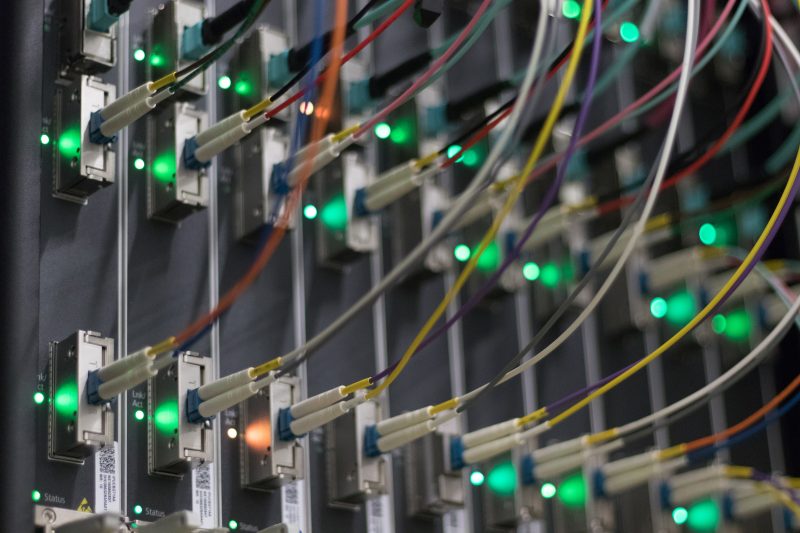Lawmakers back bill to isolate Russian internet
Russia wants to ensure the independence of its internet space by routing all traffic through local servers (Yann Schreiber)
Moscow (AFP) – Lawmakers on Tuesday backed a bill that could cut off Russia’s internet traffic from foreign servers, a move critics say is a step towards censorship and possibly an isolated network like in North Korea.
The bill passed its first reading by 334 votes to 47 after an unusually heated debate in the lower house State Duma, where many lawmakers from minority parties criticised the proposed law as vague and too costly.
Authors of the initiative say Russia must ensure the security of its networks after President Donald Trump unveiled a new American cybersecurity strategy last year that said Russia had carried out cyber attacks with impunity.
The bill aims to put in place “defence mechanisms to ensure the long-term stable functioning of internet networks in Russia” if the US takes action in cyberspace to threaten them.
It proposes creating a centre to “ensure and control the routing of internet traffic” and would require Internet Service Providers (ISPs) to install “technical measures to withstand threats”.
It also mandates regular “drills” to test whether Russia’s internet can function in an isolated mode.
Internet freedom activists say the bill is another censorship bid following previous efforts in Russia to control global social networking platforms and block the Telegram messenger service.
Though the bill claims to address external threats, it would just be another law that “permits limiting rights and freedoms on the internet” in Russia, said Artyom Kozlyuk, who heads Roskomsvoboda, a group that campaigns against internet regulation.
He believes measures outlined in the bill could cost more than 100 billion rubles ($1.5 billion) per year, from both public and private coffers.
“De facto, it will have a serious economic effect… everything will be slower and more expensive,” Kozlyuk said.
While some critics have said Russia is considering creating a China-style firewall, it would be cheaper and easier to adapt the North Korean model of a nationwide intranet, he said.
“North Korea’s experience shows that a totally autonomous internet is possible.”
– ‘Internet Brexit’ –
Taking questions on the floor, the authors of the bill were unable to estimate the long-term costs, say what threats it would repel or even explain how it would work. They said expert opinions could be incorporated into the bill for its second reading.
The vagueness of the proposal sparked unusual exasperation from some minority party lawmakers.
“How many of you are IT experts here, raise your hand. One? Then how can we vote for a bill we don’t understand?” said Valery Gartung of the leftwing Just Russia party.
Others predicted it would trigger a dysfunctional “internet Brexit” or wondered how Russia would build the technical infrastructure required to support the legal provisions.
“Russia doesn’t manufacture any IT hardware except cables, maybe some people should hang themselves on them,” shouted MP Sergei Ivanov of the nationalist LDPR.
One of the bill’s authors dismissed the criticism, citing the scale of the potential threat from Washington.
“This isn’t kindergarten!” said Andrei Lugovoi, one of the key suspects in the 2006 murder of Kremlin critic Alexander Litvinenko in Britain.
“All of the websites in Syria” have been turned off by the US before, he claimed.
He said the internet’s “root servers” — which act as a sort of backbone structure — are located “in the Pentagon, in NASA, in Amsterdam” while Russian authorities have no idea how traffic is routed even within Russia.
If passed, the law could make it possible to cut Russia off from the global web, or to initiate an internet blackout in an isolated region if it is rocked by unrest or opposition, said Andrei Soldatov, who co-authored a book on the history of internet surveillance in Russia.
“This is very serious,” he said, adding that it seemed the bill had official support “so the chances that it will become law are very high”.
Disclaimer: This story is published from a syndicated feed. Siliconeer does not assume any liability for the above story. Validity of the above story is for 7 Days from original date of publishing. Content copyright AFP.


